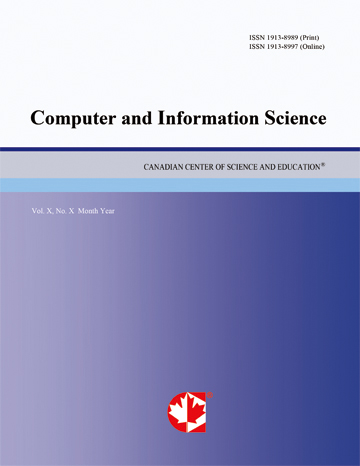Increasing Student Engagement with Personalized Emails
- Bshaer Alwagdani
- Khalid Alomar
Abstract
Despite a large number of studies in personalizing e-learning systems, only a few sufficiently cover the impact of personalization on university emails. Either universities impose the use of university email or students are reluctant to use it. For instance, It was found that at King Abdulaziz University only 23% of students were using the university email to communicate regularly, unlike the faculty members, who showed an 80% commitment. However, this paper attempts to investigate the effect of applying different personalized systems on the university email and whether using adaptation and adaptability techniques in the university email will cover the huge gap between the university and its members. Specifically, frameworks were built to evaluate the efficiency, frequency of error occurrence, effectiveness, and user satisfaction in each experiment. We focused on testing the usability of personalized email against the existing university email and then evaluate which approach (adaptive, adaptable, or mixed-initiative) is more favorable to personalize the university email. These were conducted and evaluated using 40 subjects. Interestingly, results show that subjects with personalized emails were most efficient and satisfied as well as errors were reduced by 42%. Furthermore, significant differences were found between the three approaches (adaptive, adaptable, and mixed-initiative), and the adaptive approach was the most preferred by the respondents. A set of empirically derived guidelines was also discussed as a basis for developing a suitable university email structure.
- Full Text:
 PDF
PDF
- DOI:10.5539/cis.v13n2p54
Journal Metrics
WJCI (2022): 0.636
Impact Factor 2022 (by WJCI): 0.419
h-index (January 2024): 43
i10-index (January 2024): 193
h5-index (January 2024): N/A
h5-median(January 2024): N/A
( The data was calculated based on Google Scholar Citations. Click Here to Learn More. )
Index
- BASE (Bielefeld Academic Search Engine)
- CNKI Scholar
- CrossRef
- DBLP (2008-2019)
- EuroPub Database
- Excellence in Research for Australia (ERA)
- Genamics JournalSeek
- GETIT@YALE (Yale University Library)
- Google Scholar
- Harvard Library
- Infotrieve
- Mendeley
- Open policy finder
- ResearchGate
- Scilit
- The Keepers Registry
- UCR Library
- WJCI Report
- WorldCat
Contact
- Chris LeeEditorial Assistant
- cis@ccsenet.org
